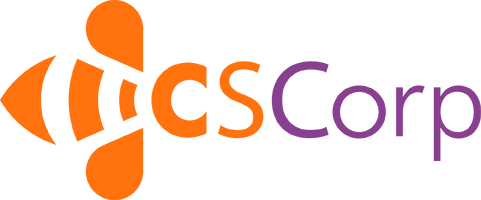Integrated Management in a single platform
SAP ERP
Organizations are complex systems where interactions between areas are oriented to the exchange of information and communications, which allows for timely and accurate making of business decisions.
The SAP ERP solution is an enabler that optimizes the interactions between the different critical areas of the business. It empowers the functional areas so that through the business model and timely and complete information, operational, tactical and strategic activities can take place, allowing the organization to deliver its maximum value in an orchestrated way with the end goal of achieving its objectives.
The characteristics of SAP ERP which make it unique are as follows:
- It provides real time information for all areas that require it
- Data has a standard structure across modules and centralized maintenance
- It enables critical and useful information across all the components of the organization
- It eliminates duplications, discontinuity and redundancy of data
- It provides timely controls between business processes
- It provides security and traceability across the transactions executed
With the implementation of SAP ERP, business processes and business response times become integrated.
It improves the efficiency, consistency and availability of information across business activities, allowing for appropriate decision making.
